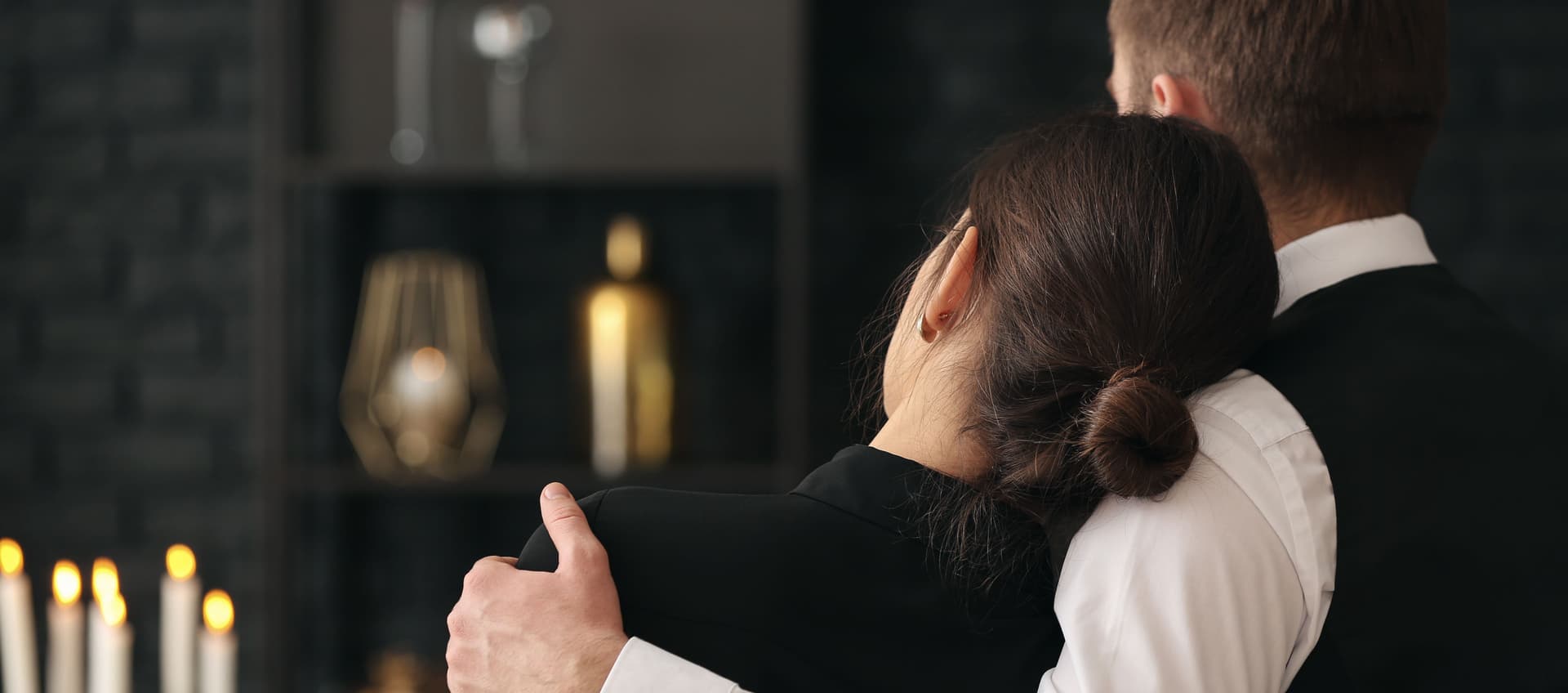Losing a loved one is always a painful and life-altering experience. When that loss occurs because of neglect, abuse, or medical errors in a nursing home, the grief can be compounded by anger, confusion, and a deep sense of injustice. Wrongful death in nursing homes is a tragic reality for many families, but there are important steps you can take to seek accountability, find answers, and work toward closure.
What Is Nursing Home Wrongful Death?
A wrongful death occurs when someone dies as a direct result of another party’s negligence or intentional actions. In the context of a nursing home, wrongful death often results from:
- Medical Negligence: Errors in administering medication, failing to treat infections or medical conditions, or not responding to health emergencies in a timely way.
- Chronic Neglect: Failing to provide food, water, personal hygiene, or adequate supervision. This can result in fatal conditions like severe dehydration, malnutrition, or infected bedsores.
- Physical or Emotional Abuse: Inflicting harm, either directly or through psychological torment, leading to injury or complications that ultimately result in death.
- Dangerous Facility Conditions: Unsafe premises, lack of fall prevention measures, or poor sanitation can all contribute to fatal incidents.
Many wrongful deaths in nursing homes could have been prevented with proper staffing, attentive care, and adequate safety measures.
Warning Signs of Wrongful Death
Not every nursing home death is wrongful. However, families should be alert to red flags that suggest negligence or abuse may have played a role:
- Unexplained or Sudden Decline: If your loved one’s health deteriorated rapidly without a clear medical explanation, it’s worth asking questions.
- Untreated Injuries: Bedsores, broken bones, or infections that were not reported or properly treated.
- Lack of Communication: Facility staff who are evasive, unresponsive, or provide conflicting accounts of your loved one’s final days.
- Visible Trauma: Bruises, wounds, or other physical injuries at the time of death.
- Missing Documentation: Gaps or inconsistencies in medical records or care logs.
If something feels “off,” trust your instincts. Request a full explanation, and don’t hesitate to seek outside opinions from doctors, advocates, or legal professionals.
Legal Rights of Surviving Families
The law recognizes the profound harm caused by wrongful death. Families have rights to pursue civil claims against responsible nursing homes, staff, and even corporate owners. Wrongful death claims can:
- Hold Facilities Accountable: Public legal action can prompt much-needed changes in facility practices, protecting future residents.
- Provide Compensation: Financial recovery can help with medical bills, funeral expenses, loss of companionship, and emotional distress.
- Deliver Answers: Legal investigations often uncover what truly happened—offering families a sense of closure.
Eligible parties to bring a claim typically include the spouse, children, or estate representative of the deceased. In some states, other close relatives may also have standing.

The Legal Process for Nursing Home Wrongful Death
The process usually includes:
- Investigation: Your attorney will review medical records, facility documentation, autopsy reports, and interview witnesses. Gathering evidence is key.
- Filing a Lawsuit: The claim is filed against the facility and any other responsible parties.
- Discovery: Both sides exchange information and build their cases. Depositions (interviews under oath) and expert testimony are often involved.
- Settlement or Trial: Many cases resolve through settlement negotiations. If no fair settlement is offered, the case may go to trial.
This process can be emotionally taxing, but experienced nursing home wrongful death lawyers strive to shoulder the legal burden for grieving families.
How Protect Seniors Law Firm Supports Families
Protect Seniors Law Firm focuses solely on advocating for seniors harmed in nursing homes and their loved ones. Here’s how they help in wrongful death cases:
- Free Consultations and Case Reviews: The firm listens carefully to your concerns, answers questions, and honestly assesses the strength of your claim.
- Collaboration with Medical Experts: Working with doctors, forensic pathologists, and elder care specialists, they identify how and why the wrongful death occurred.
- Aggressive Investigation: The team digs deep into facility practices, staffing records, incident reports, and any history of violations or complaints.
- Compassionate Guidance: Grieving families need patience, respect, and support. Protect Seniors Law Firm is known for their empathetic approach and clear communication.
- No Upfront Fees: Most wrongful death cases are handled on a contingency basis, so families do not pay unless the firm recovers compensation for them.
Steps to Take If You Suspect Wrongful Death
- Request All Records: Ask for complete medical files, care notes, and incident reports.
- Preserve Evidence: Save communications, take photos, and write down any details you recall.
- Report Concerns: Notify the local long-term care ombudsman, Adult Protective Services, or law enforcement if you suspect criminal conduct.
- Consult a Specialized Attorney: Protect Seniors Law Firm can provide legal advice and act immediately to preserve your rights.
Conclusion
The heartbreak of losing a loved one is only made worse when neglect or abuse is involved. While legal action cannot bring someone back, it can offer a sense of justice and help prevent future tragedies for other families. Protect Seniors Law Firm stands ready to guide, support, and advocate for those facing the unimaginable pain of a wrongful death in a nursing home. No family should have to walk this path alone.

